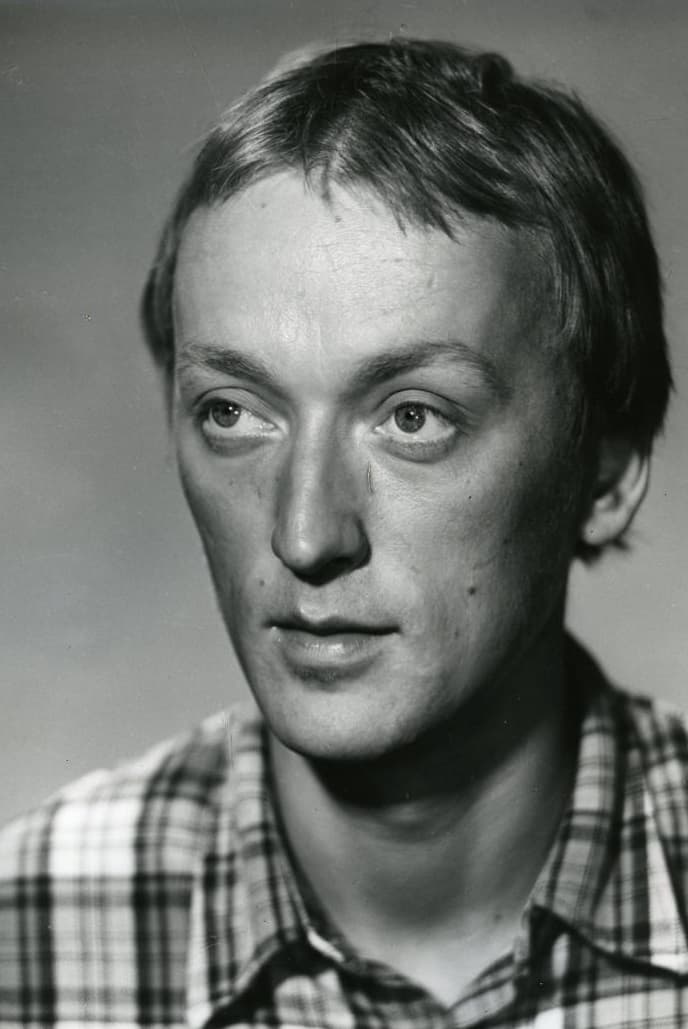
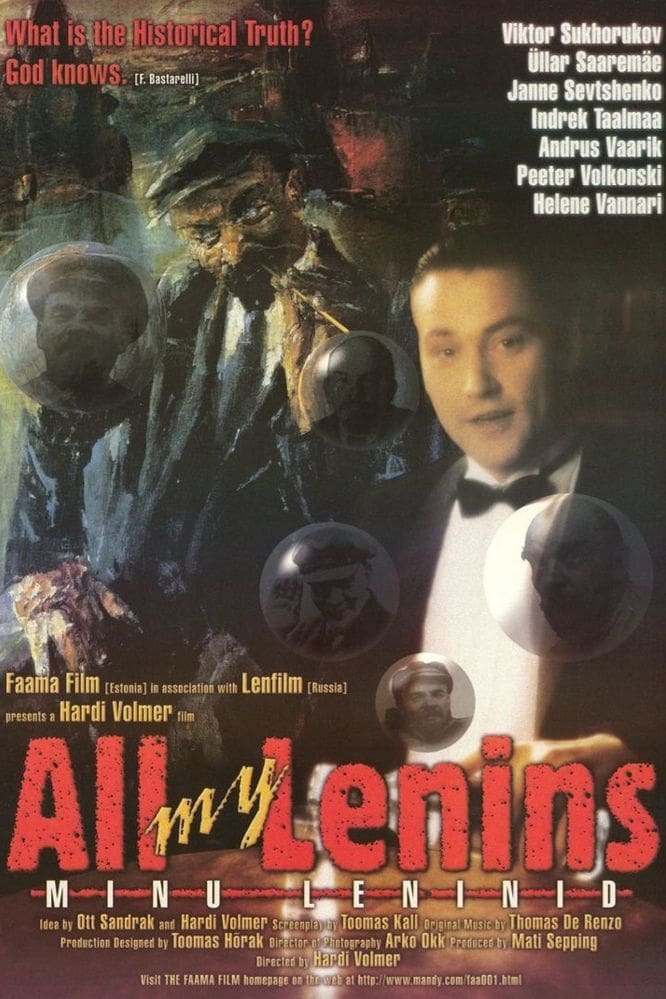
Young and active nationalist Aleksander Kesküla makes up his mind to use Lenin, the Bolsheviks' leader, in order to start a revolution in Russia with German money and create a new national state of Estonia in the north-east of Russia. For security reasons, five doubles will be found and trained for Lenin. All of them are finally sent to Russia to instigate the revolution. How will the real Lenin put up with all this?
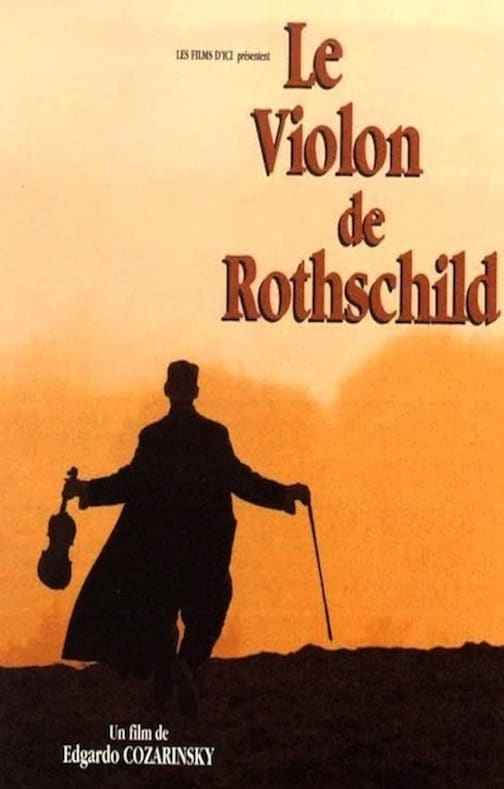
1938: Shostakovich encourages his pupil Fleischmann to write an opera based on the Chekhov story 'Rothschild's violin'. Fleischmann is killed during the siege of Leningrad. Shostakovich completes the orchestration, but in 1948 is advised to suppress the opera, during Stalin's campaign against "rootless cosmopolitans". Jewish motifs enter Shostakovich's own work.
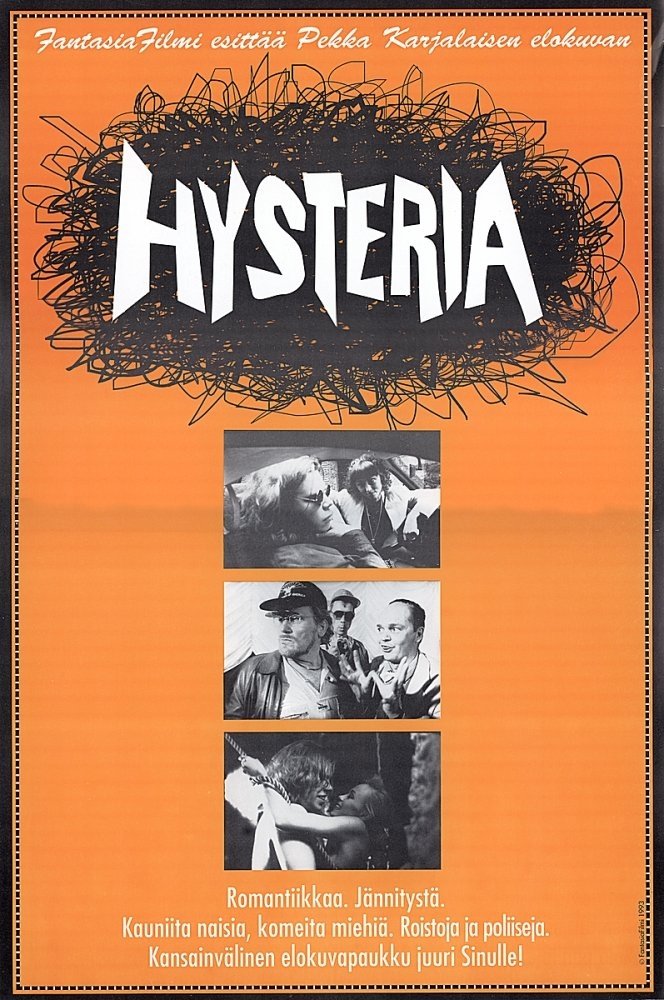
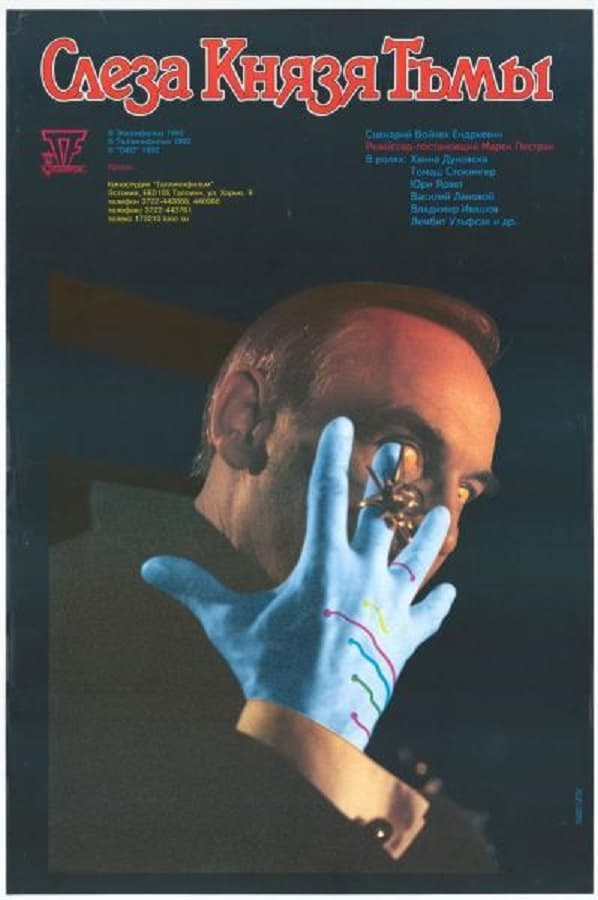
Tallinn, Estonia, days before outbreak of World War II. Hotel detective and Polish writer team up to find Tear of the Prince of Darkness, a legendary ring which can bring Satan’s rule over the world.
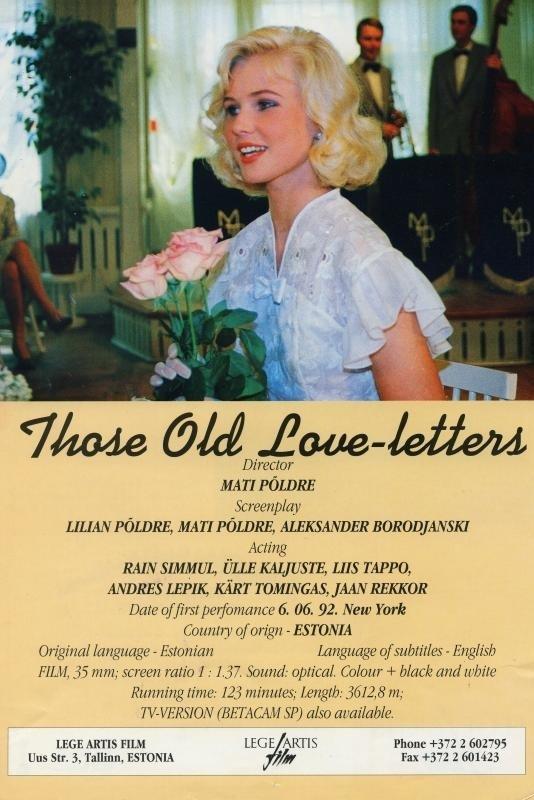
A film about the life of Raimond Valgre, an Estonian songwriter and singer of the 1930s and 40s, the political changes of his country and his life after the war when his songs were considered not suitable for the Soviet way of life.

Anxiously awaiting the return of his new wife, Adolph finds solace in the words of a stranger. But comfort soon turns to destruction as old wounds are opened, insecurities are laid bare and former debts are settled.
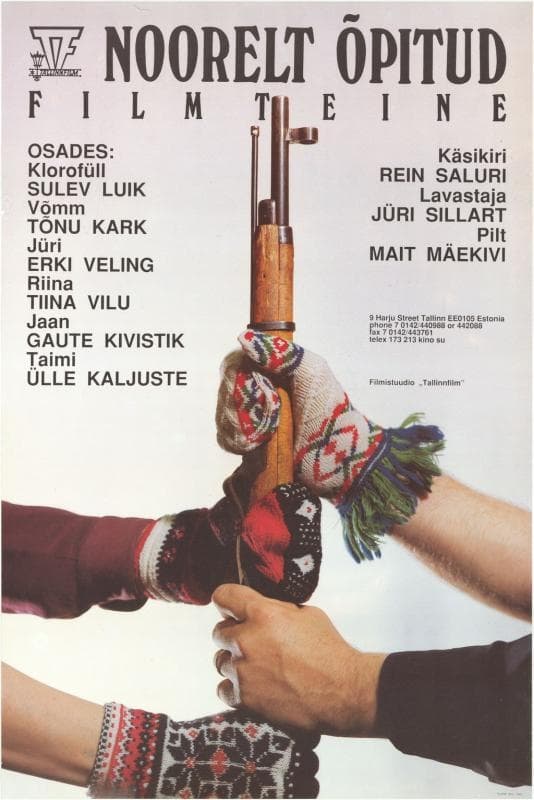
A movie about the life in a small Estonian city in the 1950s. Young people face an instinct for survival that shatters ideals but can also destroy lives.
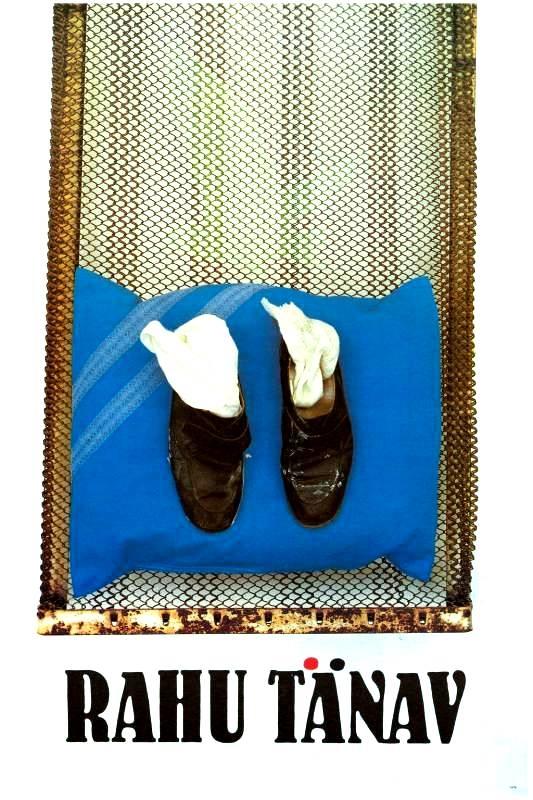
On Christmas Eve, the residents of Peace Street discover that there are military guards in front of their houses. Soon they have to start showing their passports when entering their homes. The residents are told by the authorities that in order to keep the peace they have to be ready to co-operate. It is an order and people stick to it. It is heard that the foreign troops will leave when the snow will be gone - so it won't be long until the everyday life will be normal again. When spring arrives, not only the snow disappears but also lots of residents. Those who stay will look forward to the Midsummer Day.
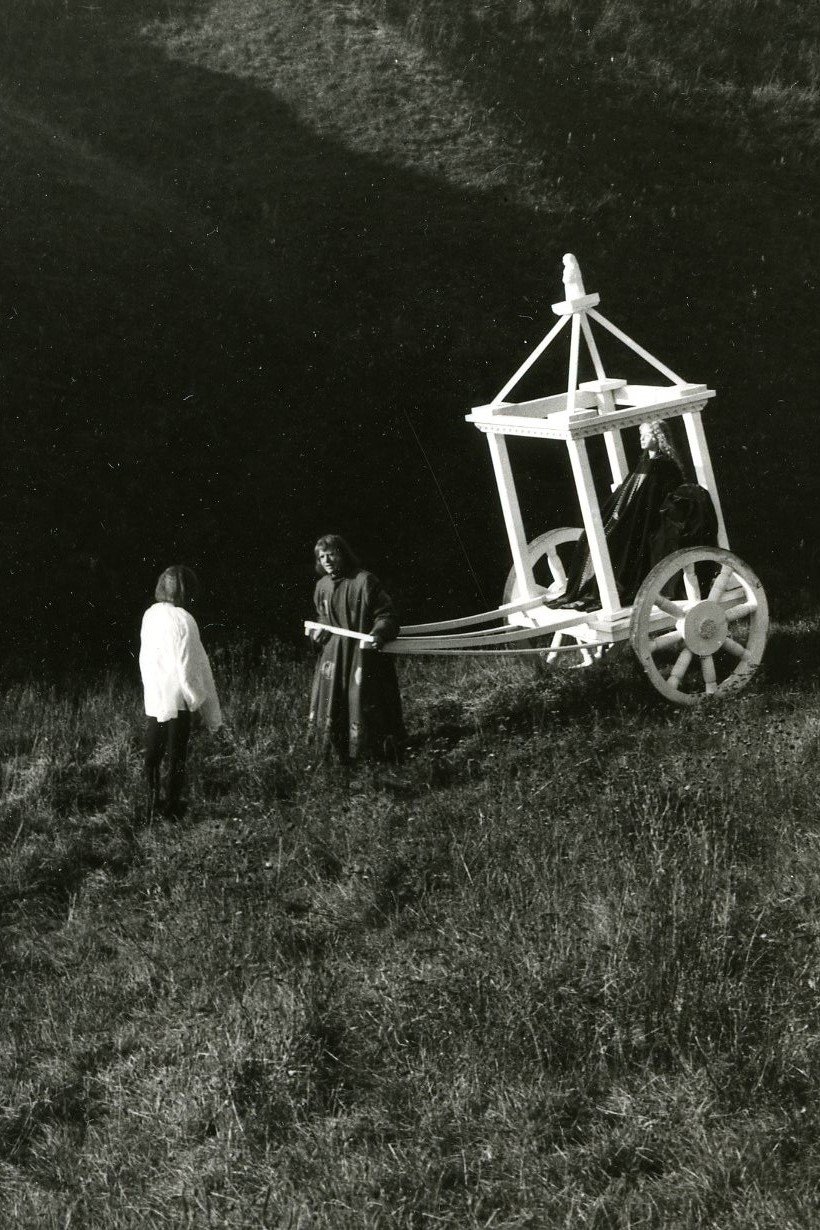
A historical costume drama where the fragments of the adventurous lives of Bernt Notke, one of the most influential Late Gothic painters, and carpenter Michel Sittow are brought together by the story of the panel painting "Danse Macabre" by Notke and the way the painting reached Tallinn, Estonia from Lübeck.
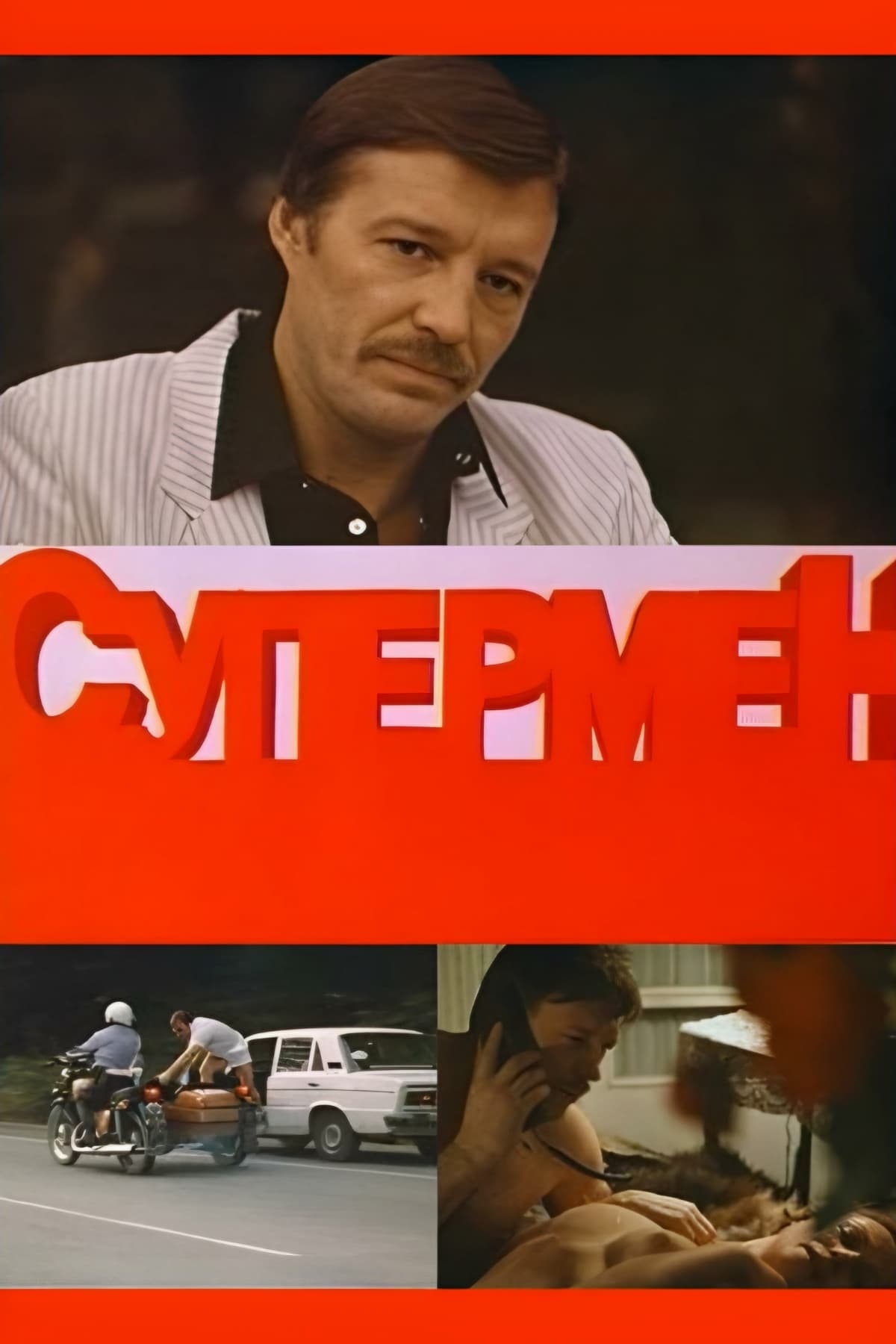
An adventurous action-packed story about a police officer nicknamed "Sheriff", who, bravely fighting mafia functionaries, easily and simply takes bribes from its bosses.
Sulev Luik (April 16, 1954, in Kilingi-Nõmme – June 29, 1997, in Tallinn) was an Estonian actor. In 1976 he graduated from Tallinn State Conservatory. 1976-1988 he worked at Noorsooteater and since 1988 at Estonian Drama Theatre. Besides theatrical roles he played also in over 30 films. Luik was murdered in Kadriorg Park near his home on 29 June 1997, aged 43. Police arrested three homeless individuals, two men and a woman, in connection with the murder between 17 and 18 August of that year. According to the criminal investigators, the motive for the murder was a quarrel while all four individuals, including Luik, were drinking alcohol in the park. The three individuals charged with Luik's murder were later sentenced to between eight and twelve years in prison. Luik was buried at Tallinn's Forest Cemetery.
By browsing this website, you accept our cookies policy.